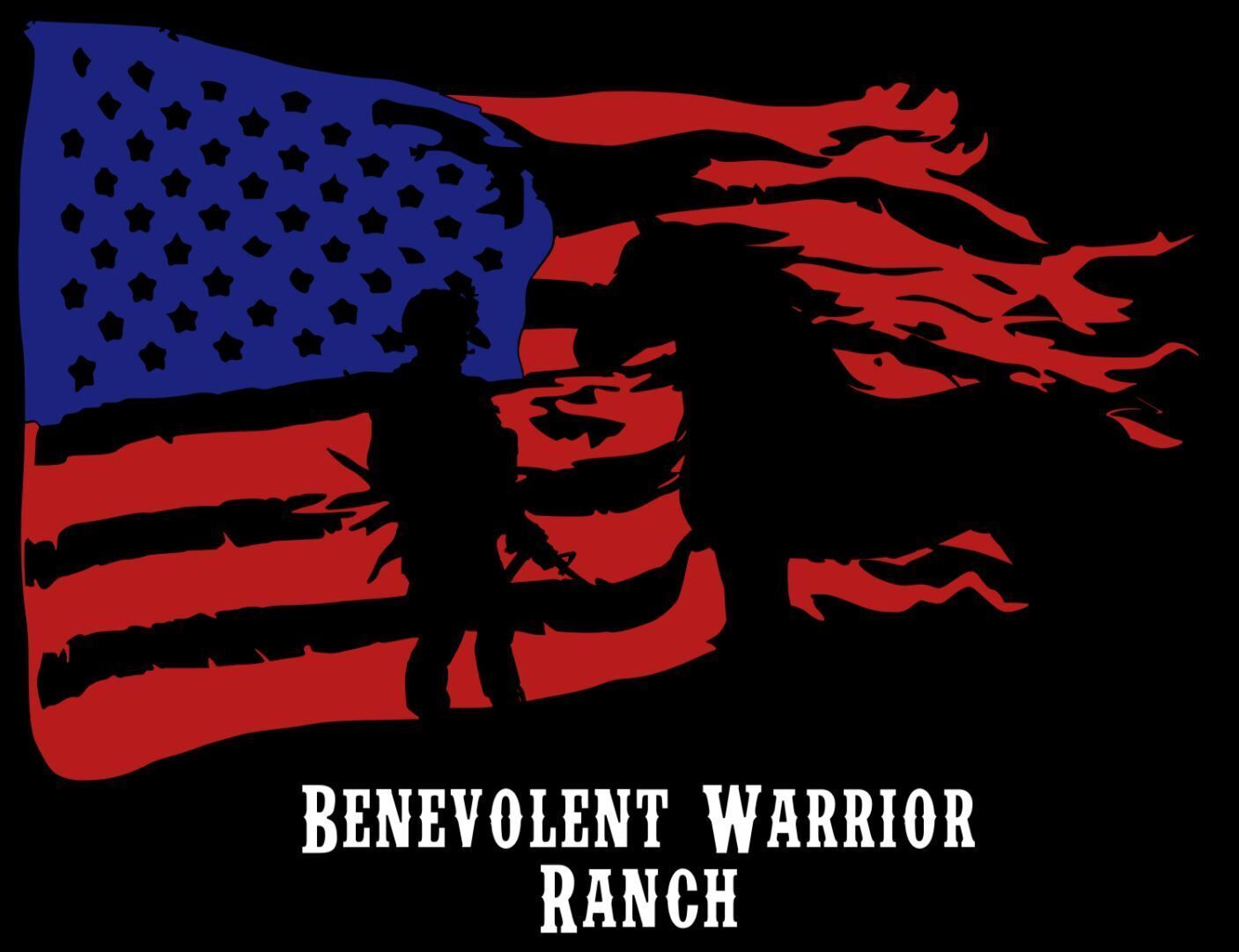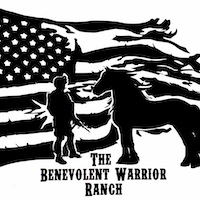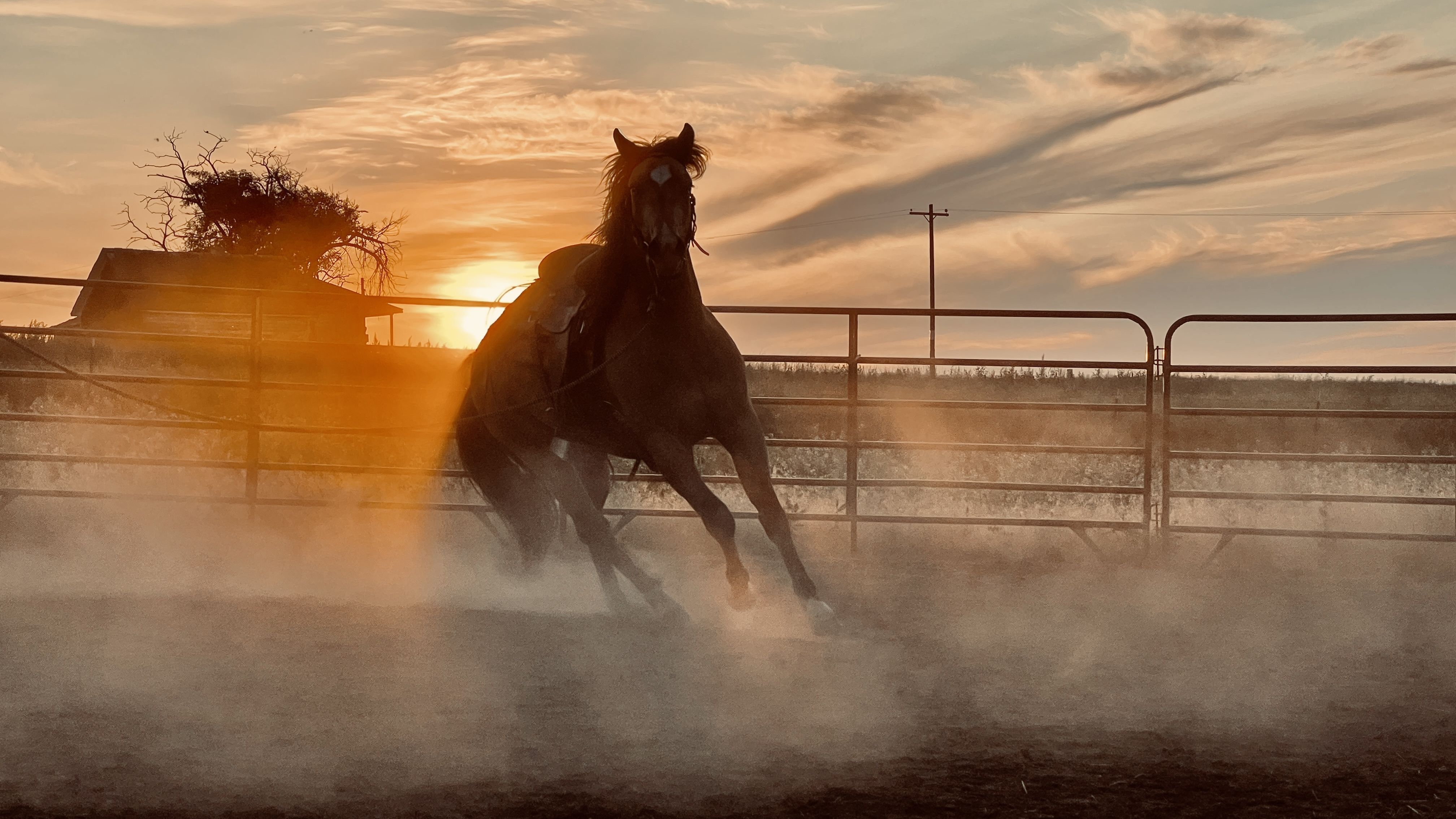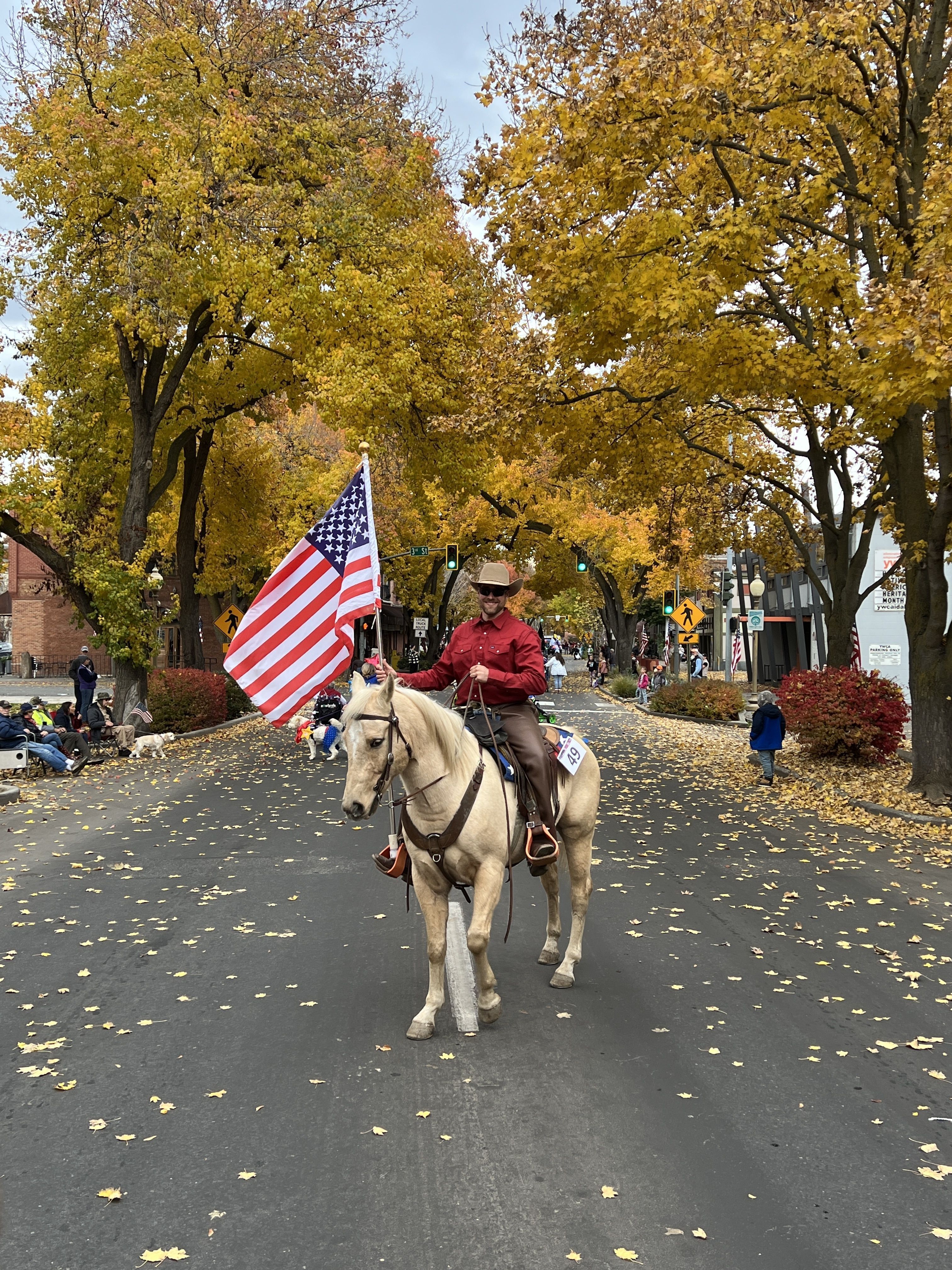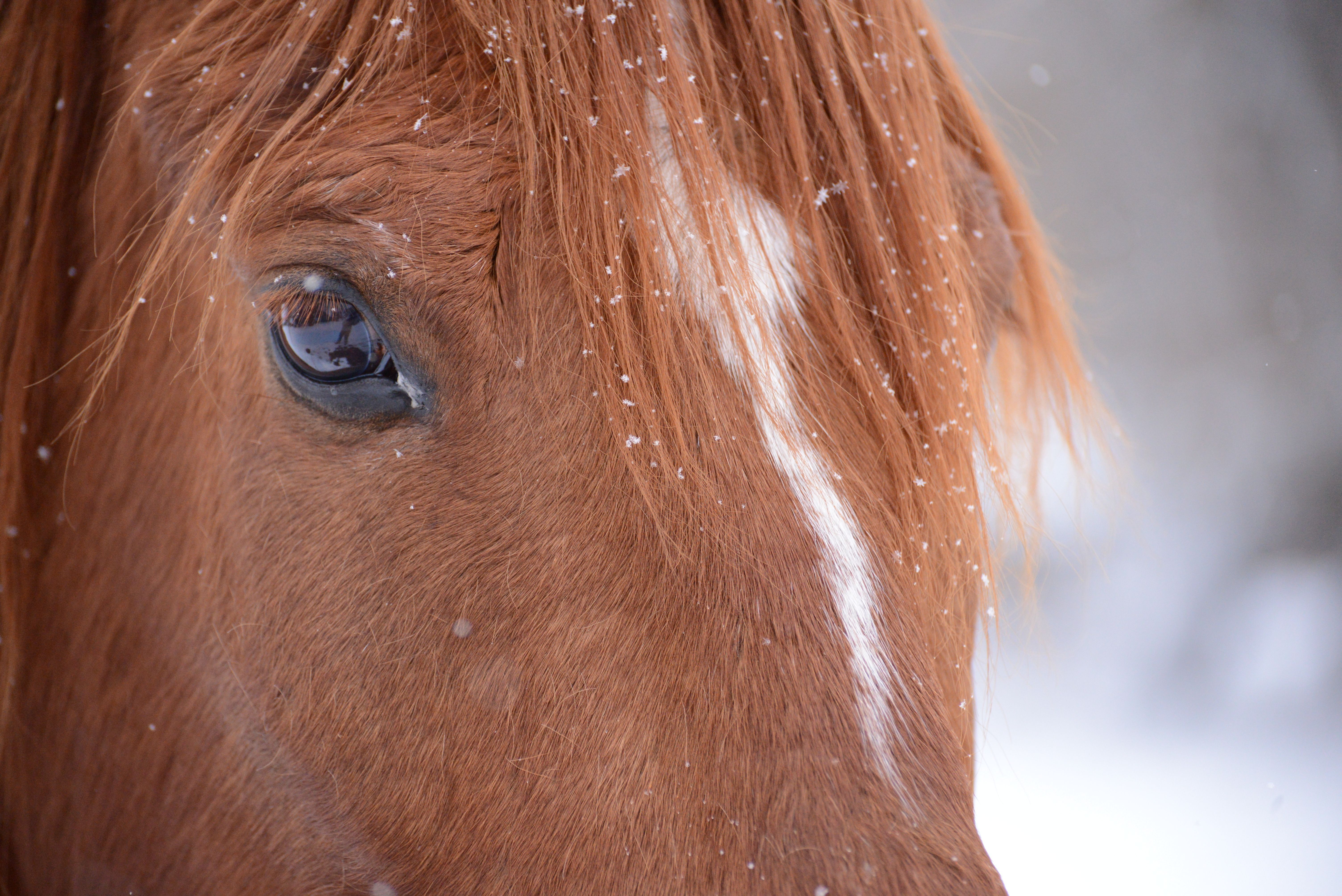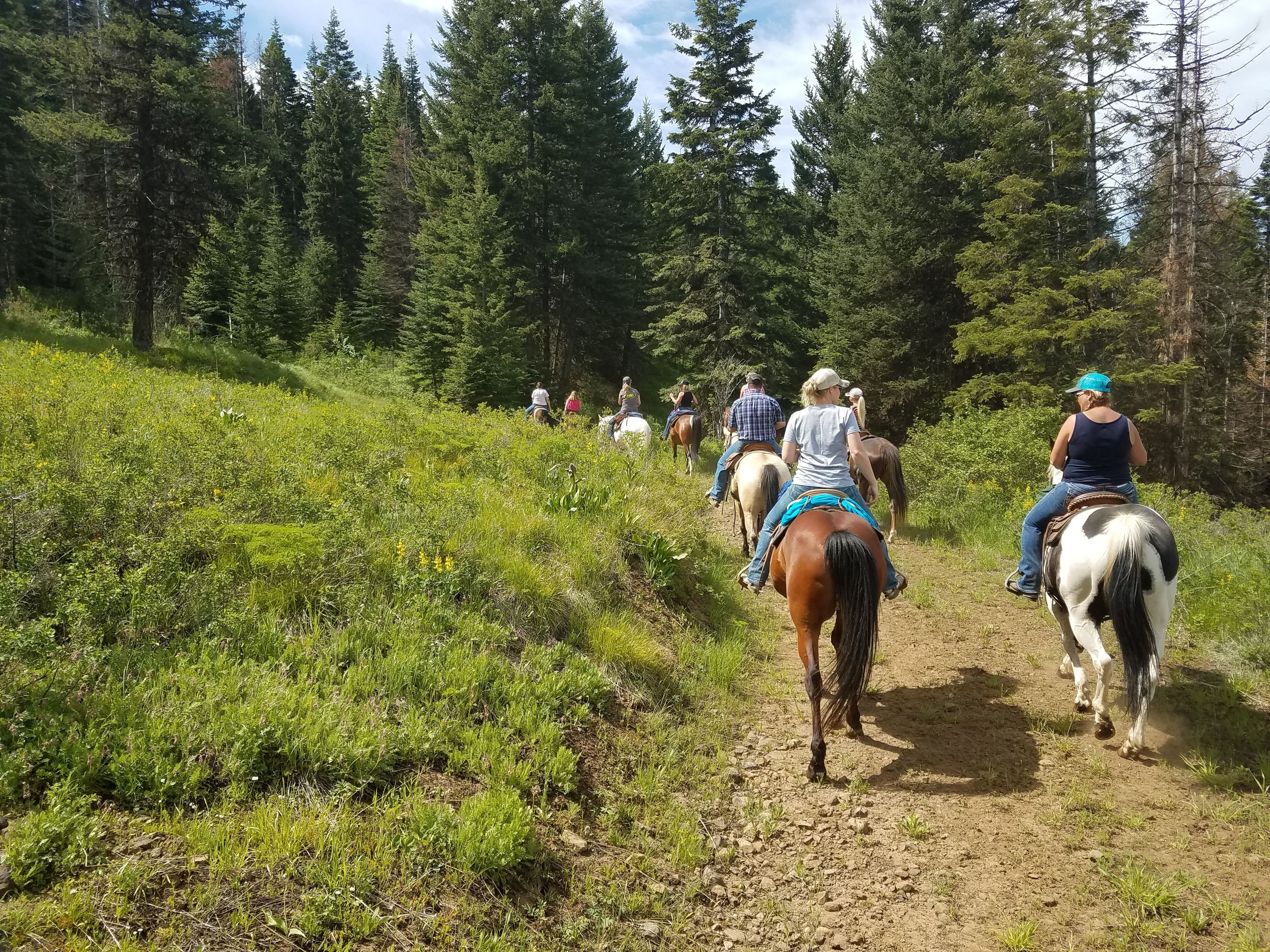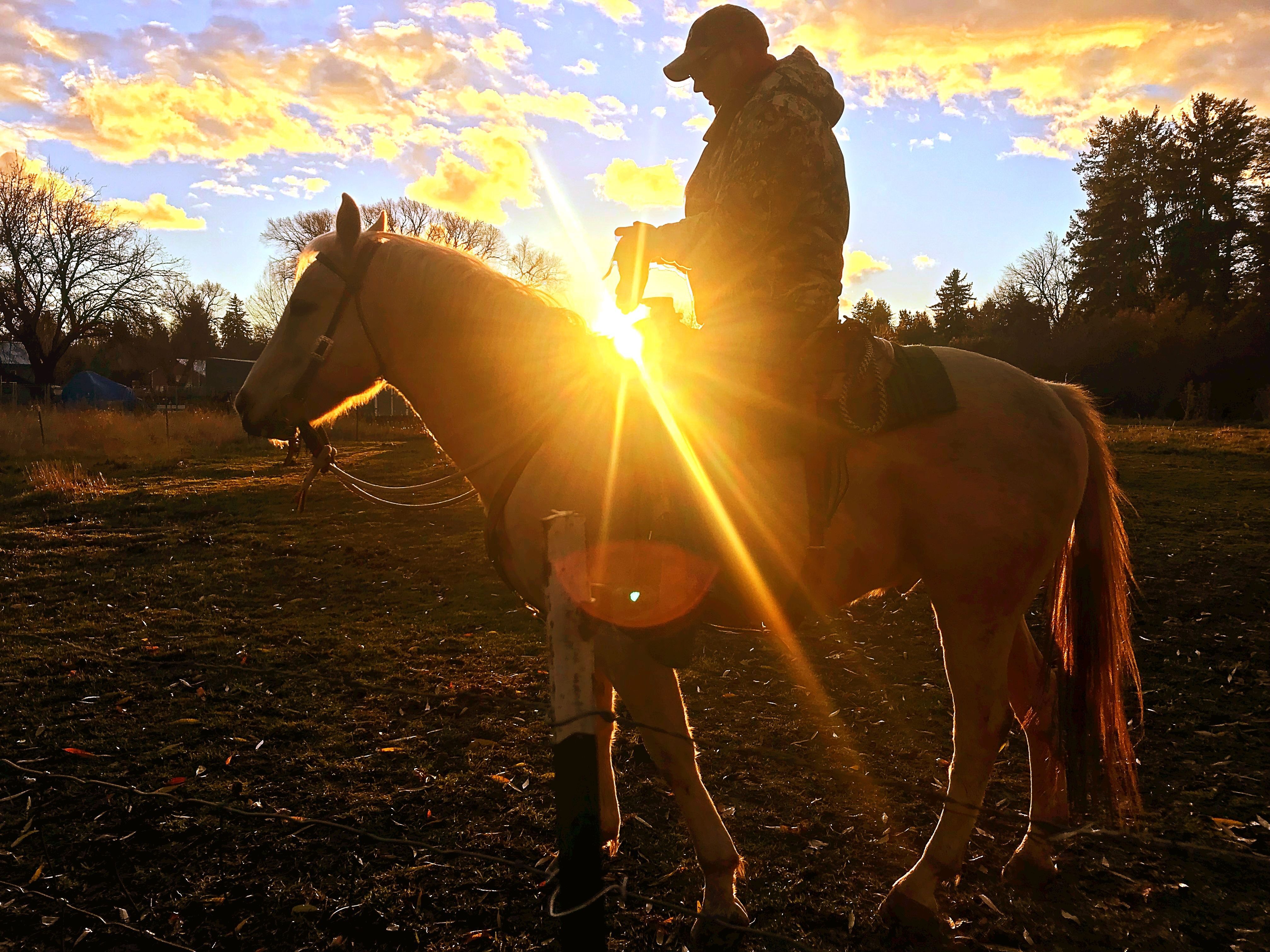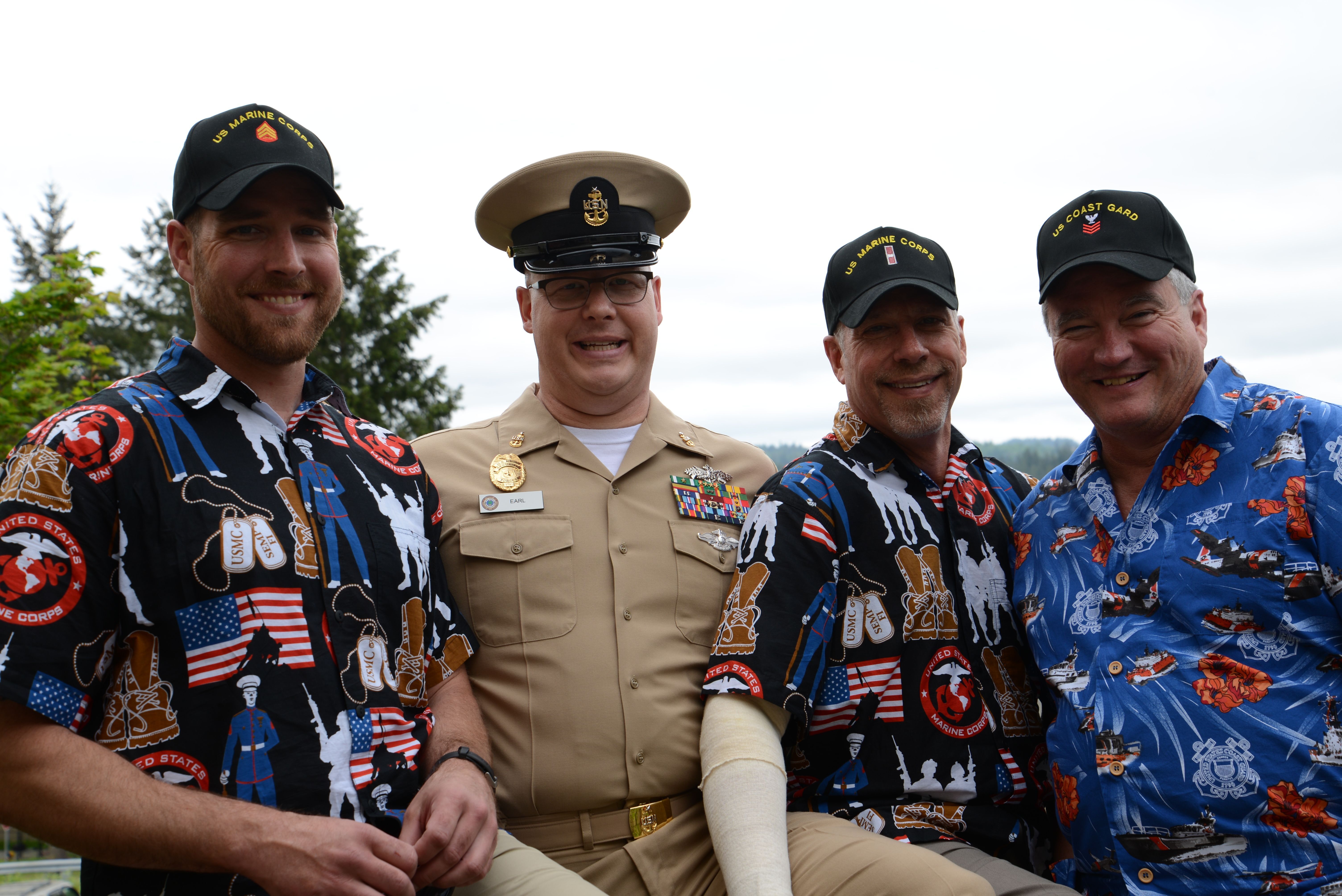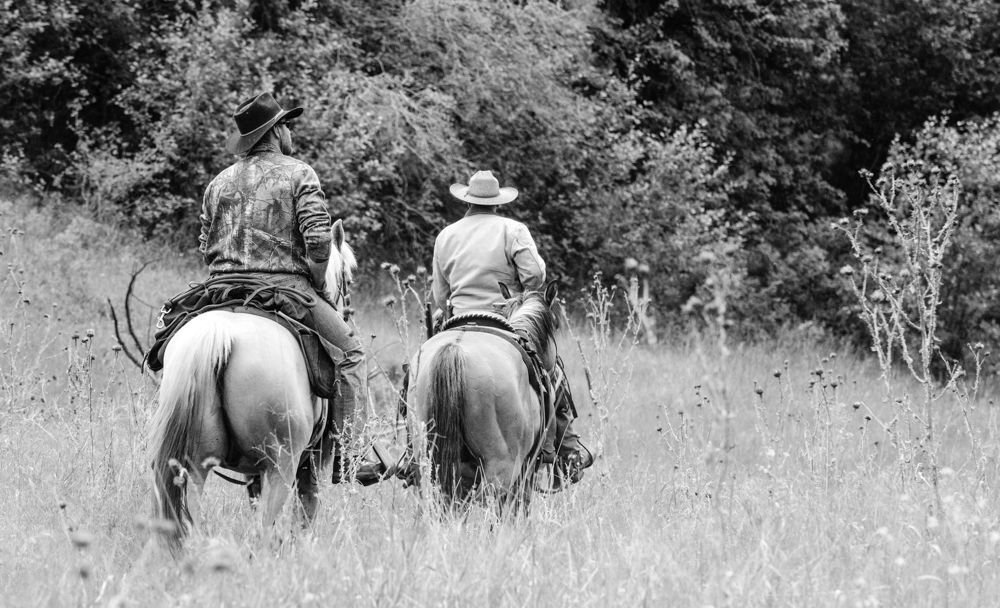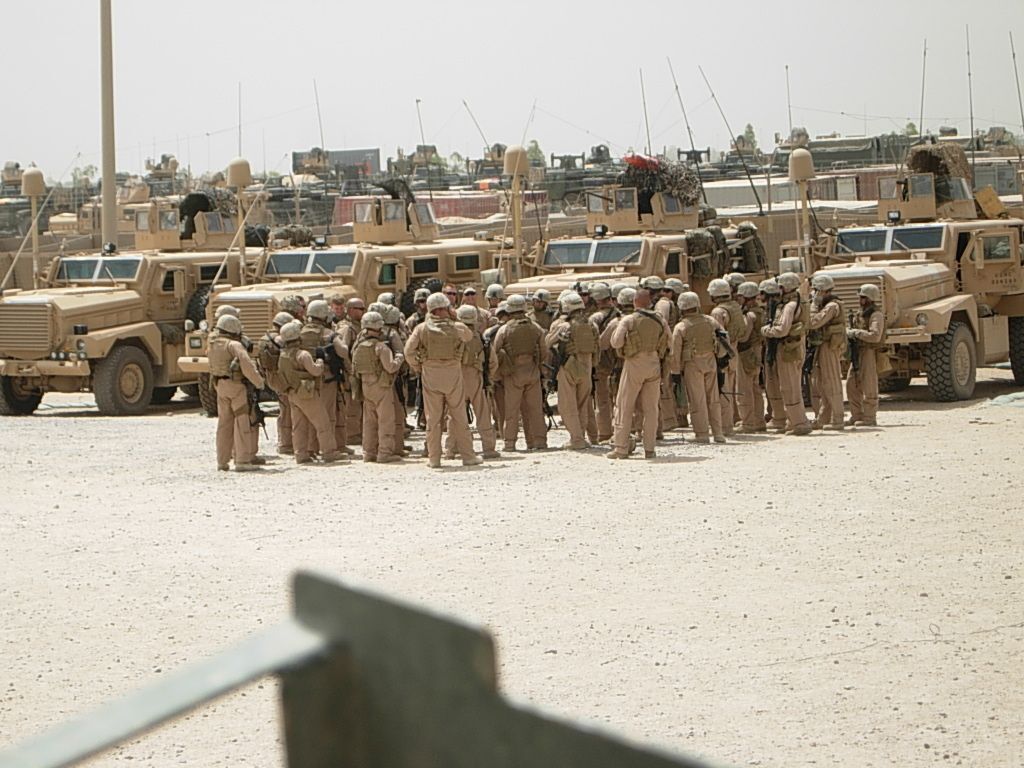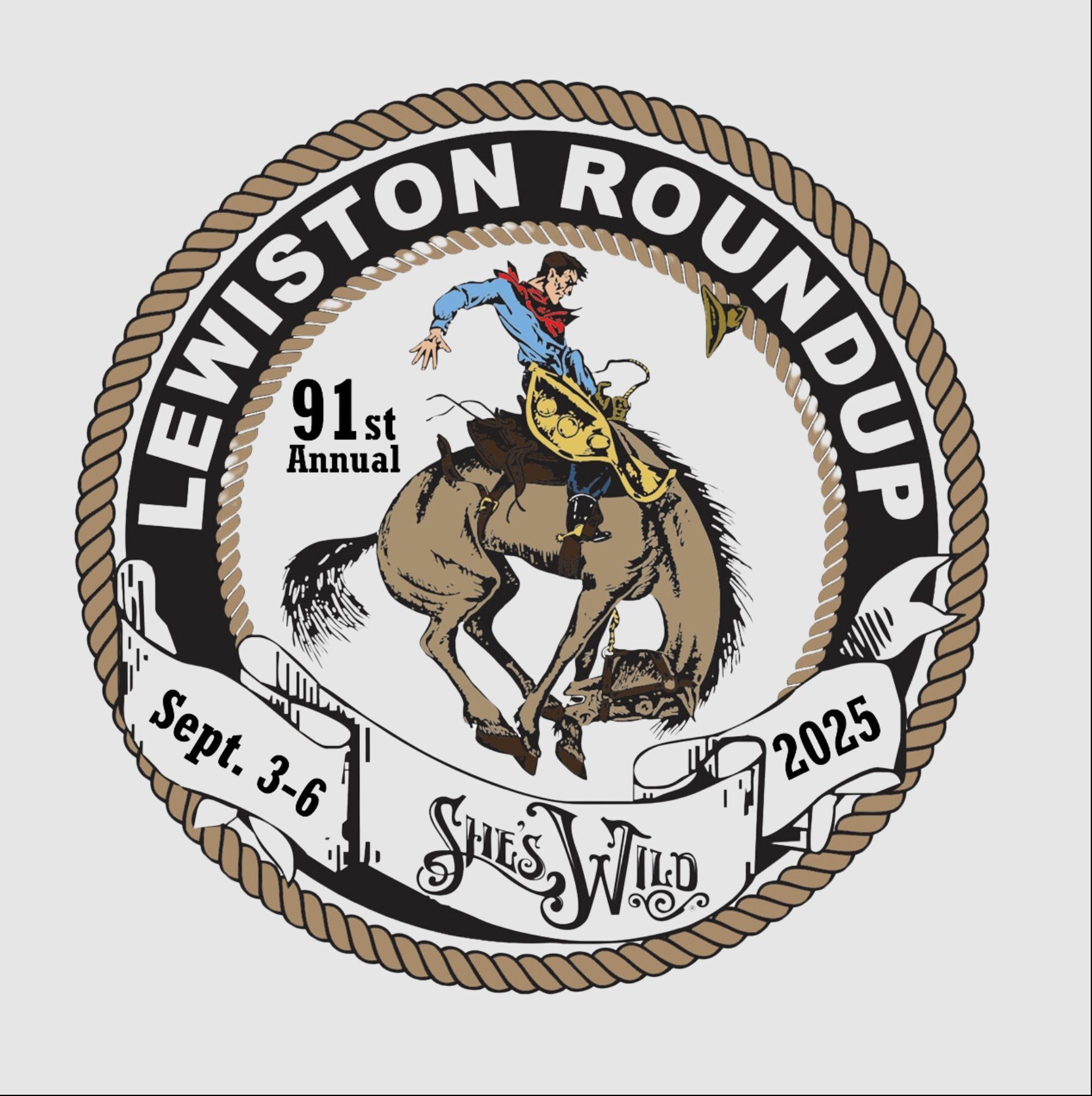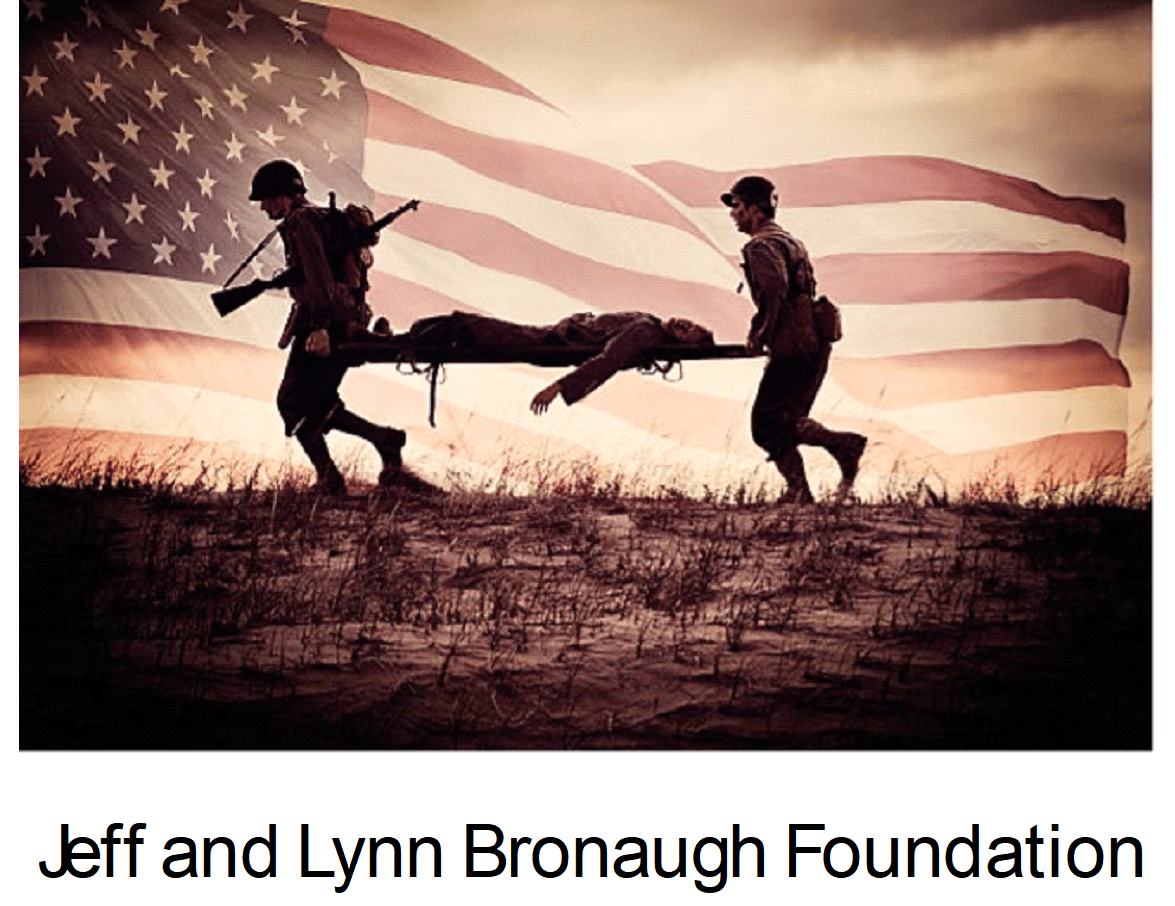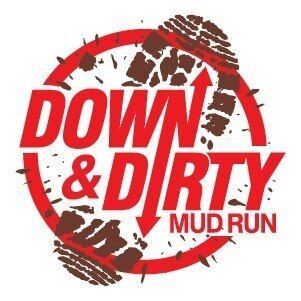Veterans have already acquired skills through their military service such as leadership, confidence, and dedication that can be applied when learning horsemanship techniques. Attention to detail at levels able to differentiate between garbage and a roadside bomb, often doesn’t depart the veteran after service. The energy built up with hyper-vigilance and sometimes prevents vets from enjoying public spaces. Through metaphors and life experiences, we connect on a spiritual level with the horse. Experiences with horses at the BWR will support the veteran’s connections with horses, animals of proven therapeutic value, and be able to connect their experiences with equine therapy as coping skills in everyday situations. The ranch venue itself will be designed to serve as a location which veterans can feel comfortable in sharing their emotions.
Matthew will offer basic riding and non-riding horsemanship lessons to local veterans as equine therapy sessions. Each program will be designed for the individual veterans’ needs, and level of horsemanship experience. Once the veteran has demonstrated an appropriate level of proficiency, they will be allowed to return to the ranch to ride and work horses at their leisure.
BWR will also offer opportunities for veterans to learn about ranch operations such as small-acreage hay production, agricultural environmental compliance, fence maintenance, basic horse care, tack maintenance, and manure management. For communal areas on the ranch, veterans will be asked to participate in volunteer activities which will benefit future veterans that participate in the Benevolent Warrior Ranch Program. Building communal spaces with other veterans will facilitate camaraderie and give veterans a place to support one another and work together to improve their lives.
Veterans will always have an after action report following a therapy session or any “Horse Event.” In this debriefing the veteran will be guided in question about themselves on how they obtained therapeutic benefits during the session and how they can apply these to daily life. Matthew, the staff, and veterans will also go over any ‘feedback’ questionnaires that may assist with program development.
| Equine Session Type | Session Length | Benefits |
|---|---|---|
| Basic horsemanship | 2 hours | Mindfulness, confidence, emotional-regulation practice, coping skills, joy, physical exercise. |
| Advanced Horsemanship | 2 hours | Mindfulness, confidence, emotional-regulation practice, coping skills, joy, physical exercise. |
| Off-site Riding | 5+ hours | Camaraderie, adventure, confidence, emotional regulation skills, joy, physical exercise. |
Expectations of Participants
Ensure that the horses in the herd are trained to be safe around people. Make sure that the facility is clean, well-kept, and safe. Make sure the staff, including the humans, are clean, well dressed and use good non-abusing verbal skills. Being careful in who is hired and training people in-house will be key to excellence in operations.
Programs & Services
